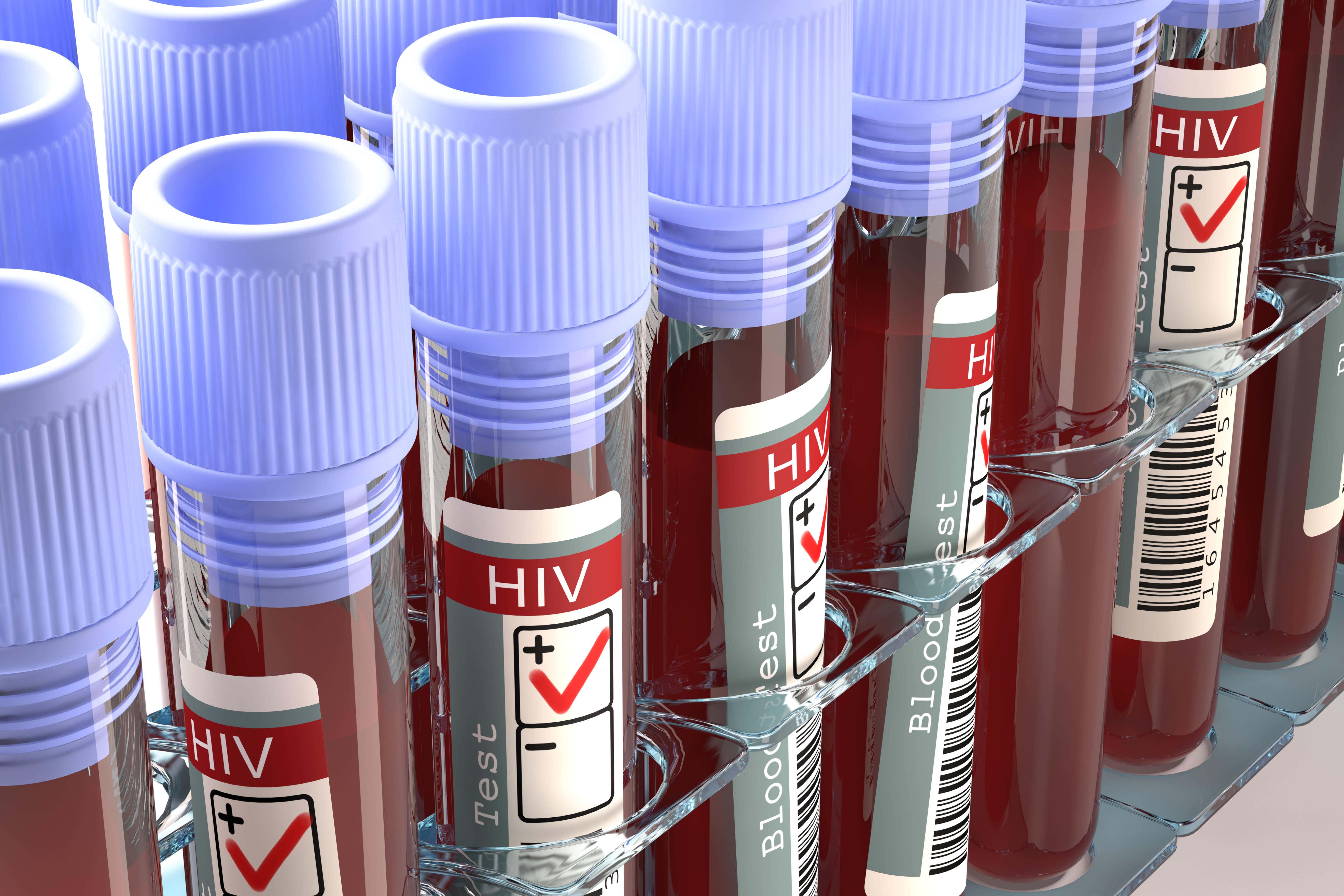Pandemic ‘has slowed progress towards eliminating new cases of HIV in England’
It comes as a new poll revealed people with HIV still face alarming levels of stigma.

Your support helps us to tell the story
From reproductive rights to climate change to Big Tech, The Independent is on the ground when the story is developing. Whether it's investigating the financials of Elon Musk's pro-Trump PAC or producing our latest documentary, 'The A Word', which shines a light on the American women fighting for reproductive rights, we know how important it is to parse out the facts from the messaging.
At such a critical moment in US history, we need reporters on the ground. Your donation allows us to keep sending journalists to speak to both sides of the story.
The Independent is trusted by Americans across the entire political spectrum. And unlike many other quality news outlets, we choose not to lock Americans out of our reporting and analysis with paywalls. We believe quality journalism should be available to everyone, paid for by those who can afford it.
Your support makes all the difference.The Covid-19 pandemic has slowed progress to eliminate new cases of HIV in England, health leaders have said.
New diagnoses rose slightly in heterosexual women in 2021 despite lower levels of HIV testing, according to the UK Health Security Agency (UKHSA).
This is despite the fact fewer HIV checks were conducted during the coronavirus crisis.
The health body said that the end of HIV transmission is “in reach” but more must be done to get elimination plans back on track.
It’s completely unacceptable that the vast majority of people living with HIV face stigma and discrimination - we clearly need to redouble our efforts to ensure those affected by the virus can thrive, not just survive
It comes as the Terrence Higgins Trust warned that people with HIV face alarming levels of stigma or discrimination due to their HIV status.
A survey of UK adults with HIV, released to mark World Aids Day, found that 74% said they have faced discrimination or stigma.
And 59% said they had faced discrimination while accessing healthcare, according to the poll of 314 people.
Some 33% said they had experienced discrimination from friends while 30% they had experienced discrimination from a family member.
“It’s extremely saddening to hear that stigma remains a big issue for people living with HIV in the UK,” said Ian Green, chief executive of the Terrence Higgins Trust.
“The results from our polling show how much more we have to do to tackle the abhorrent stigma associated with HIV.”
Commenting on the poll, TV presenter Stephen Fry said: “I have been involved in the fight against HIV since the 1980s and it’s remarkable how much an HIV diagnosis has transformed since then thanks to effective treatment, but extremely saddening to see that the stigma hasn’t gone anywhere.
“It’s completely unacceptable that the vast majority of people living with HIV face stigma and discrimination – we clearly need to redouble our efforts to ensure those affected by the virus can thrive, not just survive.”
The end of HIV transmission is within our reach in England, with reductions in the number of people living with undiagnosed HIV infection, however the Covid-19 pandemic has slowed progress in some areas
Meanwhile the new figures from the UKHSA show:
– New HIV diagnoses in England fell from 2,986 cases in 2019 to 2,023 in 2021.
– Transmission of the virus among gay, bisexual and men who have sex with men continued to fall.
– In 2021, there were an estimated 4,400 people unaware of their HIV infection – including 1,100 heterosexual men, 1,500 heterosexual women and 1,500 gay, bisexual and men who have sex with men.
– In England 1,053,169 people received an HIV test in 2021, a 20% reduction from testing reported in 2019 when 1,319,915 tests were conducted.
– Among heterosexual women, 429 were first diagnosed with HIV in 2021 – a rise of 9% from the previous year. Some 369 new diagnoses were made among heterosexual men – an increase of only two cases from the previous year.
Dr Alison Brown, interim head of HIV surveillance at the UKHSA, said: “The end of HIV transmission is within our reach in England, with reductions in the number of people living with undiagnosed HIV infection, however the Covid-19 pandemic has slowed progress in some areas – including testing among heterosexuals and engagement in care for those already living with HIV.
“No matter your gender, or sexual orientation, using condoms, using PrEP (if you’re eligible), getting tested and if you test HIV positive, getting treated, remain vital in protecting your health and that of your partners.”
Public health minister Neil O’Brien said: “Our commitment to prevention and public health campaigns has helped to reduce new HIV infections by tackling stigma and urging more people to get tested, as well as accessing life-saving treatment.”